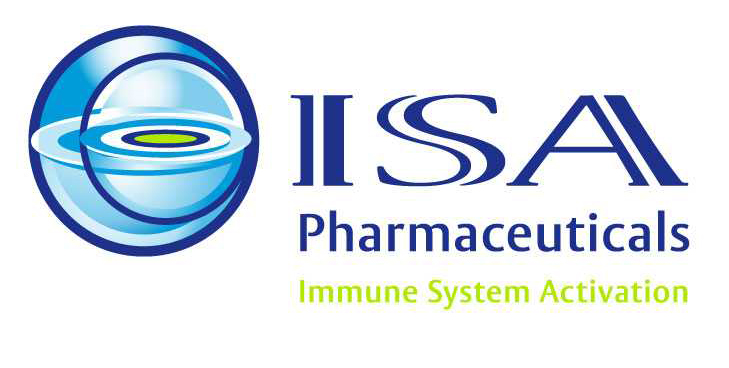Tag: Prof. Cornelis Melief
Company News: ISA Pharmaceuticals Announces Start of First Phase I/II Clinical Trial of its SLP®-AMPLIVANT® Conjugates

– Leiden University Medical Center to study novel immunotherapeutic in HPV-positive head & neck cancer patients
ISA Pharmaceuticals B.V., a clinical-stage immunotherapy company focusing on rationally designed immunotherapeutics against cancer and persistent viral infections, has announced the start of an investigator-initiated Phase I/II clinical trial of a novel immunotherapeutic based on ISA Pharmaceuticals´ platform technology. The trial will be conducted by the Department of Clinical Oncology at Leiden University Medical Center in The Netherlands. The study will investigate the biological activity and safety of the compound in head and neck cancer patients who tested positive for human papilloma virus type 16 (HPV16). HPV infections, in particular HPV16, are one of the major causes of this type of cancer. The immunotherapeutic is a conjugate of two HPV16 E6 Synthetic Long Peptides (SLP®s) covalently linked to AMPLIVANT®, a synthetic Toll-like receptor (TLR) 1/2 ligand. The investigators have assigned the acronym HESPECTA to the conjugate (HPV E-Six Peptide Conjugated To AMPLIVANT®).
In the single-center, open-label dose escalation study, 24 HPV16-positive head and neck cancer patients will be grouped into four dose escalation groups. In each group, every patient will receive three intradermal doses of the immunotherapeutic. The primary endpoint is to assess its ability to induce HPV16 E6-specific T-cell immunity. The secondary endpoint is to evaluate the safety of the intervention.
The human papillomavirus is associated with several types of cancer, of which HPV16 is by far the most common high-risk HPV type detected. It encodes the two tumor-specific oncoproteins E6 and E7 which are known to also induce and maintain the malignant state of the transformed cells. This SLP®-AMPLIVANT® conjugate aims to induce a strong, lasting immune response against the tumor.
AMPLIVANT®, developed by ISA Pharmaceuticals, is based on a Toll-like receptor ligand (TLR1/2 ligand), one of the most powerful natural stimulants of the immune system. SLP®-AMPLIVANT® conjugates have demonstrated to be 100- to 1000-fold more potent in inducing an immune response compared to unconjugated SLP®s in preclinical and mouse tumor models.


